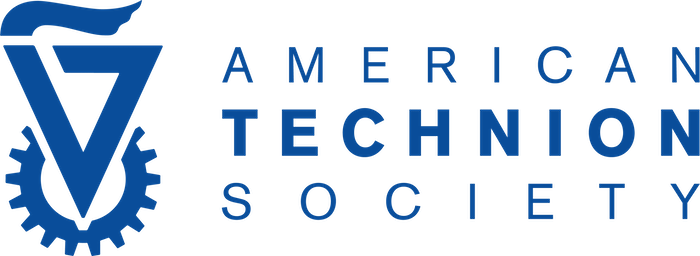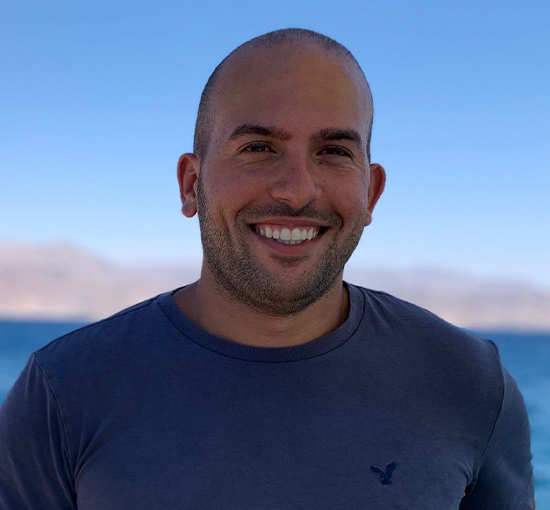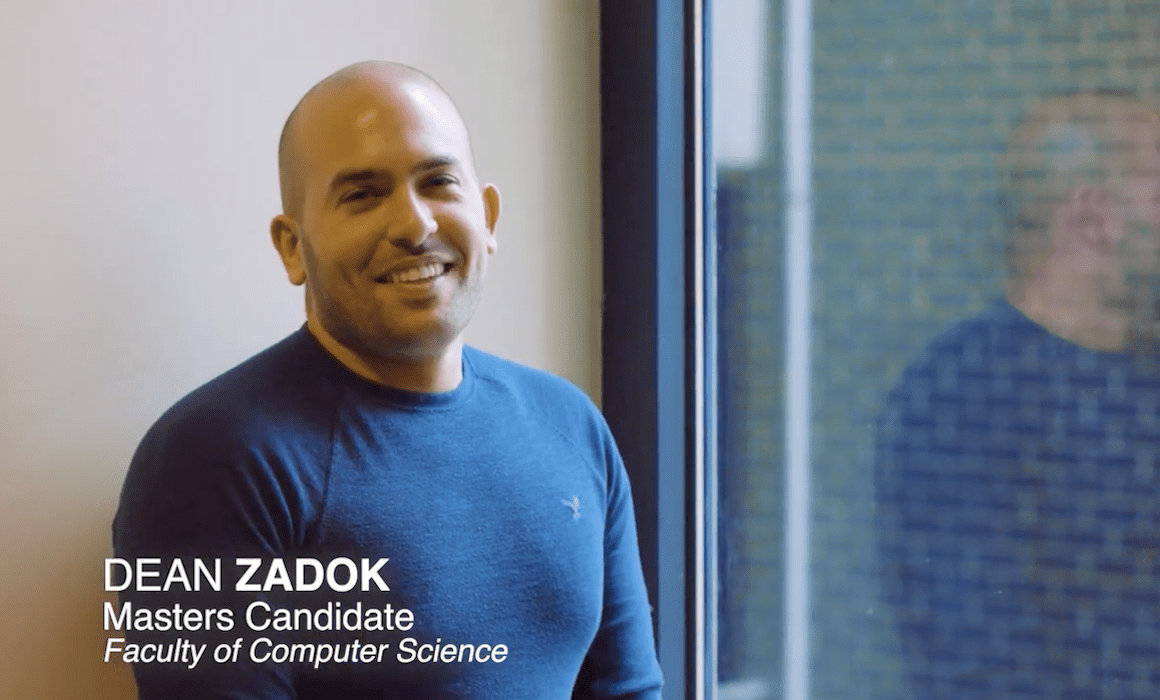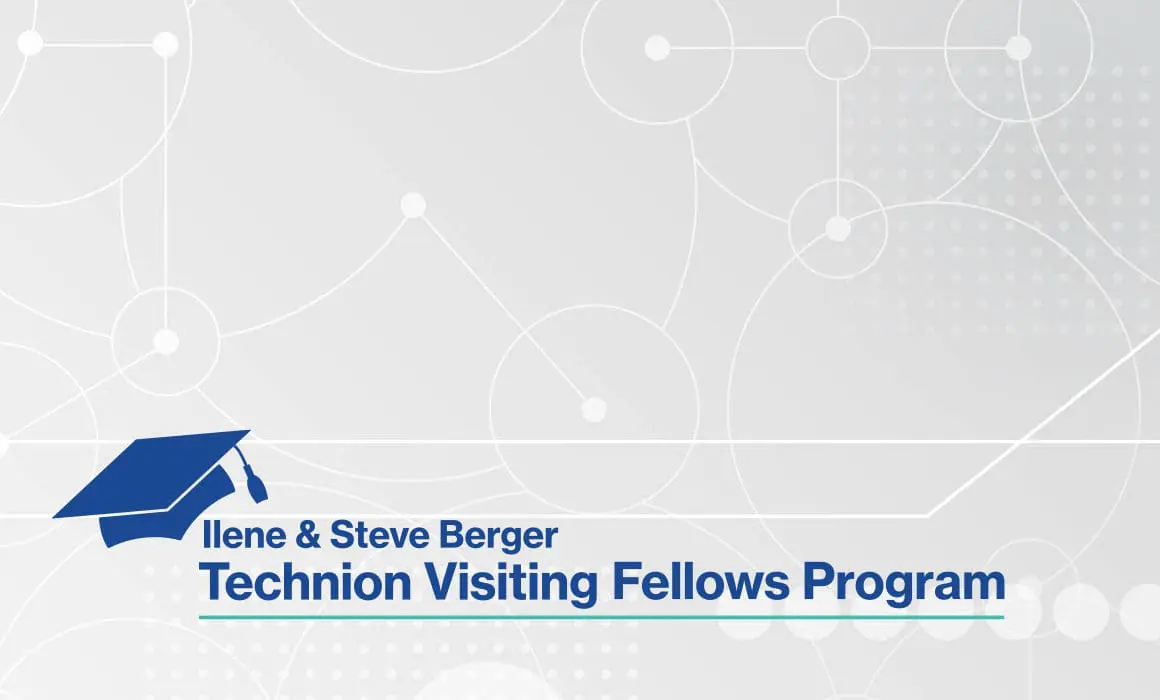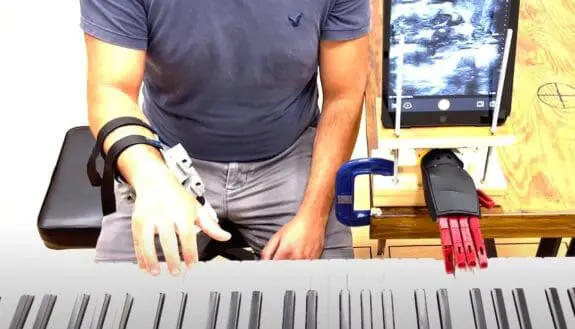Born in Tel Aviv, Dean served in the Israel Defense Forces as a networking team leader in the IT department of the military’s attorney. Upon completing his military service, he left his hometown to earn his bachelor’s degree at the Technion in computer science. Soon he became the first student in his faculty to join the popular Formula Technion team, a student initiative that designs, builds, and races formula style (open wheel) racecars in international racing competitions.
In his first project, he designed a telemetry system to remotely supervise the racecar. Following that success, he recruited a team of computer science students to create a machine learning algorithm that allowed the car to drive on its own without any human intervention. The racecar performed exceptionally well, attracting widespread media coverage and awards. Dean’s team won the Taub Faculty of Computer Science’s 2019 Excellent Project Competition and published a prize-winning scientific paper in SIMULTECH.
After earning his bachelor’s degree, Dean moved to Seattle to intern at the Microsoft Research Lab. He worked on a project that showed how positive human affect, such as smiling, can improve machine learning for autonomous navigation. Following the internship, he returned to Israel to complete his master’s degree. During the summer of 2023, Dean was a visiting scholar at Carnegie Mellon University, where he focused on robotics.
He sought out opportunities in the medical field where he could employ his computer skills to human-related research. He recognized a technological gap in the products available in robotic prostheses, and decided to focus his thesis on finding solutions. He succeeded in developing an ultrasound- and AI-based tool that predicts finer finger motions from arm muscle movements, and showed that they could even detect such gentle movements as playing the piano or typing on a keyboard. His research serves as a base algorithm to operate prostheses for lower-arm amputees, something that has been researched for years.
Dean recently undertook a project to advance this technology, developing an ultrasound-based robotic system that succeeds in reading muscle movements to enable precise and sensitive hand actions, including fine finger movements. Conducting the research with three Technion faculty members, Dean’s advanced technology is a significant leap that will substantially advance the field of prosthetics, providing many users with an improved quality of life. He hopes to develop an algorithm that will not only work after training with a specific user of the prosthetic, but will also adapt well to new users.
Dean was invited to present this project in London during the summer of 2023 at the Institute of Electrical and Electronics Engineers (IEEE) International Conference on Robotics and Automation.
Alongside his research, Dean volunteered in Professor Alon Wolf’s Biorobotics and Biomechanics Lab and with nonprofit Haifa3D to provide 3D-printed prosthetic hands to children and adults with congenital disorders or traumatizing accidents during his master’s studies.
